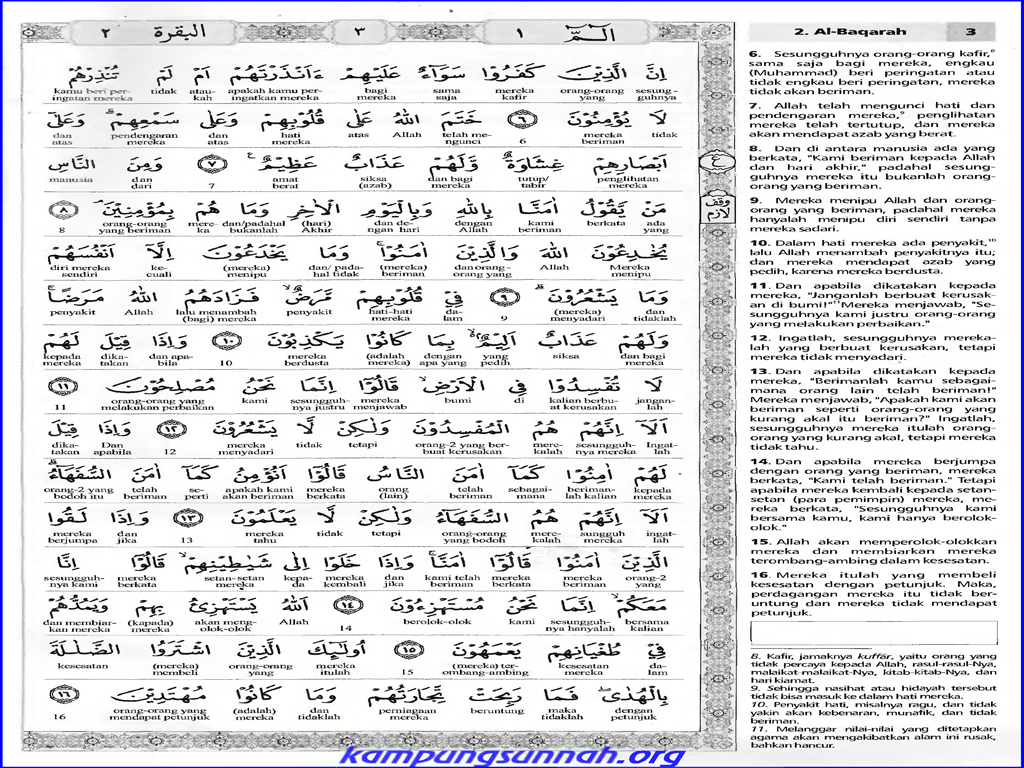

He dealt with the phenomena of figurative language, such as: metaphor, inversion, ellipsis and pleonasm, metonymy and allusion. Ibn Qutaybah in his Ta’wīl countered these allegations with arguments based purely on Arabic usage in prose as well as poetry, and cited many poems of pre-Islamic as well as contemporary poets as shawāhid (quotations serving as textual evidence). This obscurity is based on their allegations of the existence of contradiction, disagree-ment and ungrammatical usage in the verses of the Qur’ān. His Ta’wīl was a treatise on Qur’ānic rhetoric and on the inimitability of the Qur’ān in which he clarified through philo-logical explanations many Qur’ānic verses assumed to be obscure by some sceptics. Ibn Qutaybah took part in theological debate of his time and wrote his Ta’wīl defending the Qur’ān against the attack of philosophic scepticism. He was one of the earliest commentators of the Qur’ān he was earlier than al-T.abarī (d.


He was said to be the third great writer of Arabic prose chronologically after Ibn Muqaffa‘ (d. He was a prolific writer and a scholar of many branches of learning, such as: kalām (scholastic theology), tafsīr (Qur’ānic exegesis), H.adīth (the Prophet’s Tradition), history and the science of language, including grammar, prose and poetry. 276/889) was one of the great Sunnī scholars of the third/ninth century. ABSTRACT This book is an attempt to present Ibn Qutaybah’s contribution to Qur’ānic exegesis analyzing his work Ta’wīl Mushkil al-Qur’ān (The Interpretation of the Difficult Passages of the Qur’ān).


 0 kommentar(er)
0 kommentar(er)
